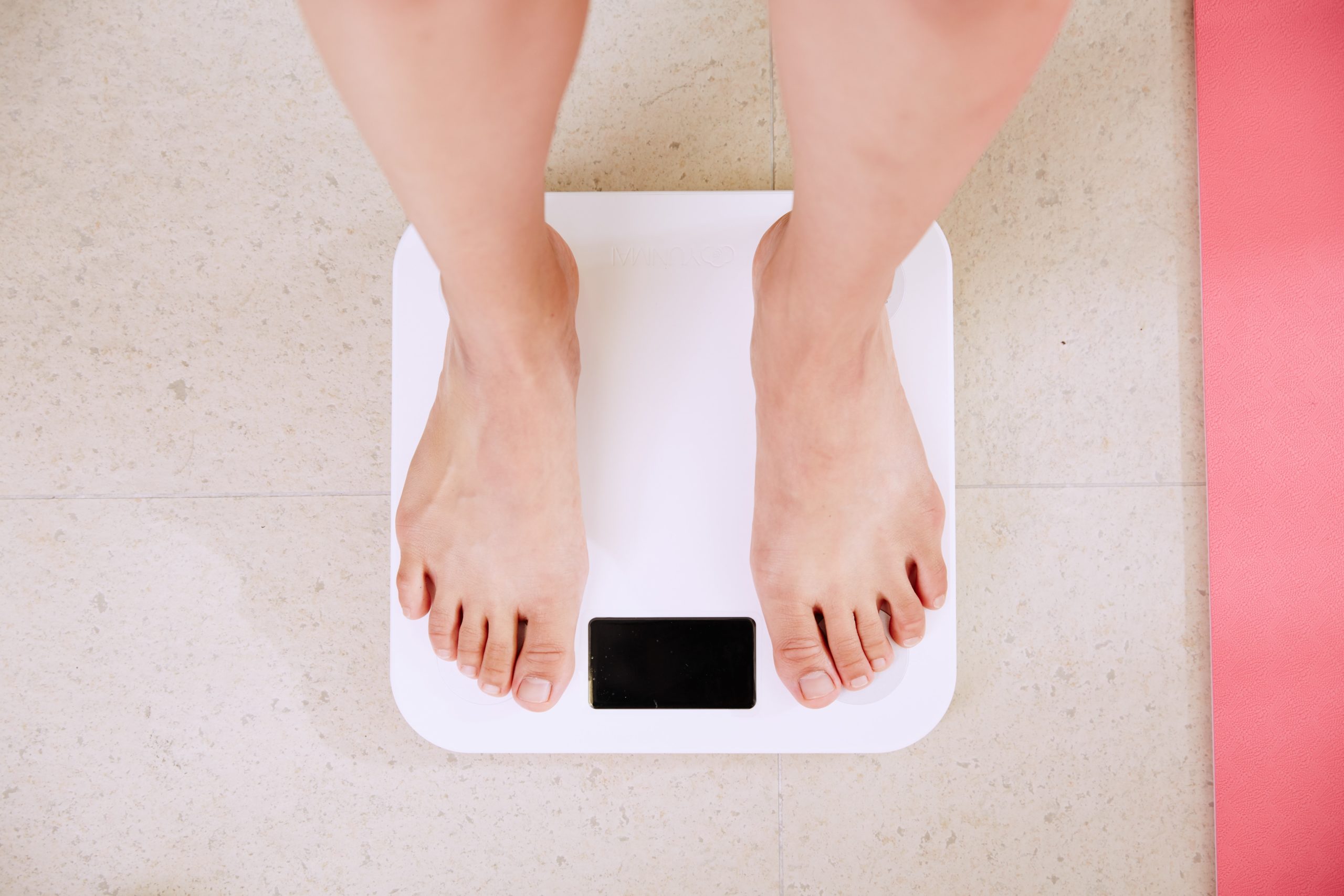
You probably won’t be surprised to hear that at focused+fit nutrition, we don’t like the word “diet”. Why? Well, first, the word itself conjures up negative thoughts of depriving yourself or eating “less” of something. It also implies that the change you’re making is a temporary “fix”, as in “I’m going to go on a diet next week.” We all know that a temporary mindset when it comes to nutrition and your health is not the answer. We prefer that our clients focus on incremental changes they can make with regards to eating and movement that then get established as a permanent part of their routine. That’s when real change happens. But in the meantime, if you are falling into the “dieter” category, we thought it would be helpful to illuminate some of the mistakes we see so often when we speak to new clients who have struggled with their weight. These mistakes keep you from building momentum and seeing results. The good news is the sooner you realize why these actions don’t work, the sooner you can change your behavior, and get on the right track to real weight loss and health.
#1 – Eating too little
When people move to a whole foods diet, they typically cut out the junk food and eat a lot less. They typically start with breakfast and a very small lunch (like chicken + broccoli) and then get home from a long day of work with a headache and foggy head. So what’s next? You guessed it – they are so hungry they can’t wait to dinner to eat, so they fill up on high calorie or empty calorie snacks (like cheese and crackers or pretzels) before eating a big dinner. By eating a lot of calories late in the day because they ate so few earlier, they’re hurting their metabolism. On the flip side, if they come home from work and continue to cut calories by eating a very light dinner or just having some snacks to “be good”, they’re getting too few calories, which backfires too.
Does this sound familiar? If you’re eating too few calories throughout the day, you may be losing weight according to the scale, but it also means you’re losing fat as fast as you’re losing muscle. You’re down-regulating the amount of calories your body needs to burn on a daily basis which means your metabolism slows down and your losing lean body mass. It’s also not sustainable – we see a lot of people who eat less for 2-3 days and then they overdo it for a day or two because they’re too hungry to care. They continue this vicious cycle and fail to achieve results.
Many of our clients have limited their daily caloric intake to 1200 calories and then find that they hit a plateau and stop losing. That’s because your body is not getting the calories it needs to maintain muscle. Yes, we will probably recommend reducing a set number calories if your goal is weight loss, but with the goal of finding your “sweet spot” – the calorie deficit (while eating real, whole foods) that shows results but without down-regulating your metabolism.
#2 – Underestimating cheat meals
When it comes to dieting in our culture, “cheating” is something that’s expected. Some of our clients ask, “When can I have a cheat meal?” or “What is acceptable for cheat day?” Unfortunately, if you want to see long-term results, there’s no cheating. It is the master derailer. Now, you may decide you want to have a treat here or there, or eat something off-plan. But that doesn’t mean that you all of the sudden get a “freebie” meal that doesn’t count. It always counts. It’s important to find a balance but you have to choose your treats carefully. For example, if you’re eating at about a 500-calorie deficit each day (which amounts to about 1 lb per week in weight loss), you’ve built up around 2,500 calories of deficit by the time Saturday rolls around. However, if you eat a big brunch on Saturday or have lots of drinks later that night, all of that work during the week just went away in 1-2 days. The 2,500 calories just came right back. That’s why balance is so important. Think of a way to have an occasional treat instead of thinking of it as a cheat day or cheat meal that could result in thousands of calories. Why would you want to throw away all of the hard work you’ve put in for the other five to six days of the week?
#3 – Using technology while you’re working out
Did you know that calorie trackers on exercise equipment have been shown to have a 40-60% margin of error? Eek. Be careful. If you do an hour class or run for an hour, and your activity tracker says you’ve burned 600 calories, you go off thinking you can eat an extra 600 calories that day. But what if your calorie burn was more like 300? Then you’re actually going backward when you eat a meal or snack that’s 600 calories. A better approach is to break the relationship of “I worked out this much, therefore I earned X# of calories to eat”. You should work out because it’s good for you, it makes you feel better, it changes your body composition, etc., not because it allows you to eat X amount more. Also you should consider that you would’ve been burning some calories during that hour if you hadn’t worked out which is another reason you can’t take the “calories burned” stat at face value. Bottom line: Separate workout calories from food calories – it’s a slippery slope if you’re playing the math game.
If any of these strategies resonate with you and you’re not sure how to break the chain, focused+fit can help. That’s why nutrition coaching can be so helpful. We take a personalized, objective approach to every client and work to find strategies that work for them long-term. It’s all about making permanent lifestyle changes to help you go from surviving to thriving.







